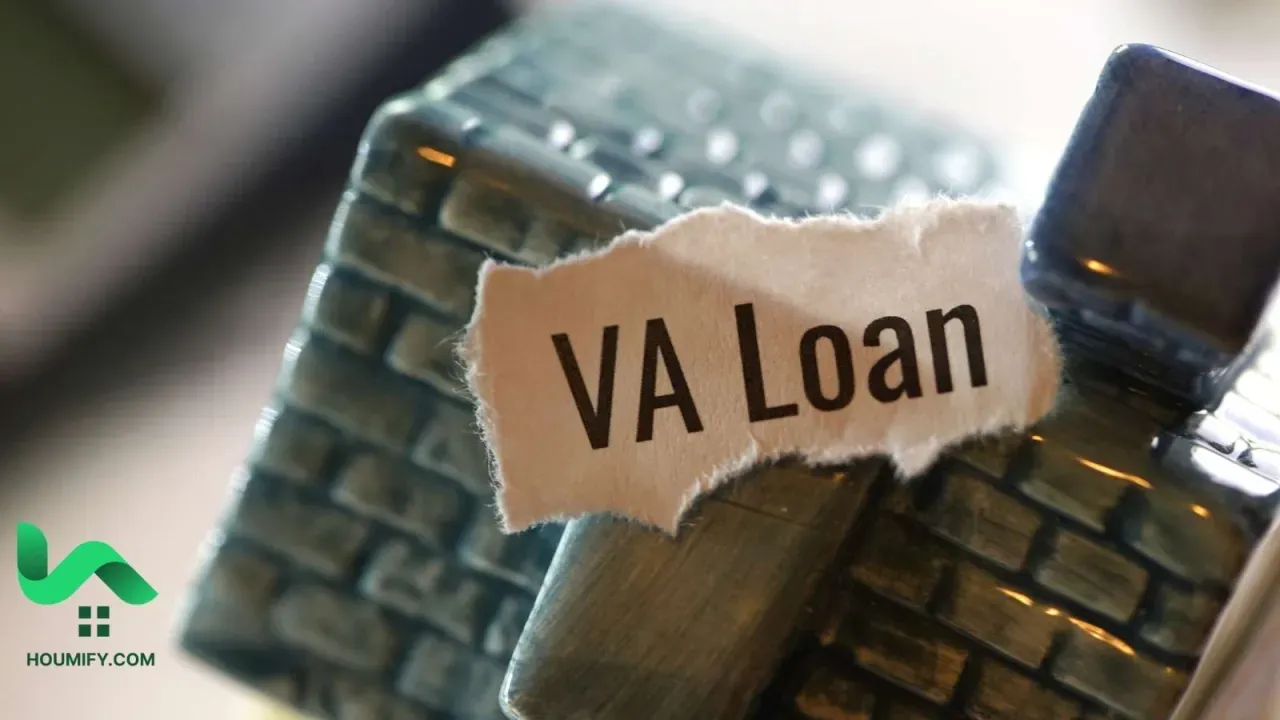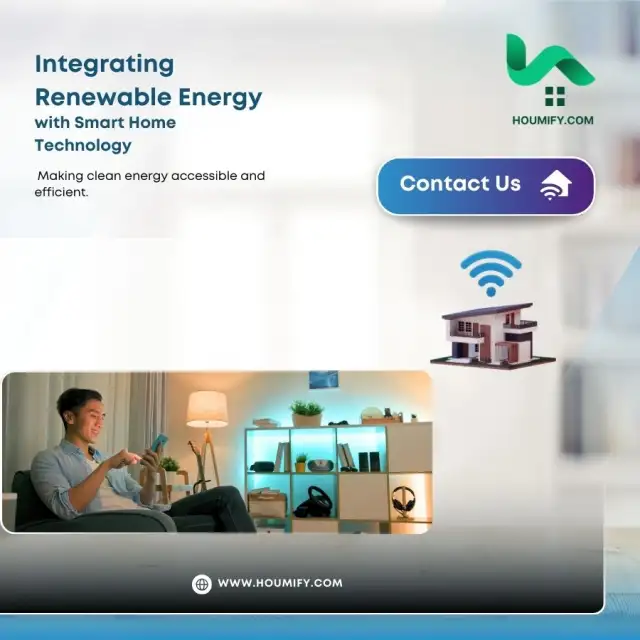Owning a Home with a Disability A Comprehensive Guide
Owning a home is a central part of the American Dream, but for people with disabilities, the journey can present unique challenges. Fortunately, there are many programs designed to make homeownership more accessible and affordable for individuals with disabilities. This guide delves into federal, state, and local homeownership programs, offering crucial insights into eligibility, benefits, and tips on navigating these resources effectively.
Federal Housing Programs
The Fair Housing Act
The Fair Housing Act is a key federal law that protects individuals with disabilities from discrimination in housing. It requires landlords and housing providers to make reasonable accommodations, like installing grab bars in bathrooms or widening doorways, to ensure properties are accessible. This law applies to all types of housing, including rentals and owner-occupied homes, ensuring that people with disabilities have equal opportunities to secure housing.
The Section 8 Homeownership Voucher Program
The Section 8 Homeownership Voucher Program helps low-income families, including those with disabilities, become homeowners. Through this program, participants receive vouchers that cover a portion of their monthly mortgage payments, making homeownership more affordable. Eligibility requirements include meeting specific income thresholds and other criteria set by local housing authorities. This program is particularly valuable for those relying on disability income, making the dream of owning a home more attainable.
The USDA Rural Development Homeownership Program
The USDA Rural Development Homeownership Program offers financing options to help low- and moderate-income families, including those with disabilities, purchase homes in rural areas. The program includes both direct and guaranteed loans aimed at making homeownership more affordable. Applicants must meet income and eligibility criteria set by the USDA Rural Development office. This program is ideal for those looking to settle in less urbanized areas while benefiting from supportive homeownership financing.

State and Local Programs
State Housing Finance Agencies
Many states have housing finance agencies that provide programs and services to help people with disabilities become homeowners. These programs often include down payment assistance, home improvement loans, and other forms of financial support. To qualify, participants must meet specific income and eligibility requirements set by the state housing finance agency, ensuring that the aid reaches those who need it most.
Local Homeownership Programs
Local governments frequently offer homeownership programs tailored to people with disabilities. These can include low-interest loans, home repair assistance, and additional financial support. Eligibility requirements vary by locality but generally aim to make homeownership more accessible for residents with disabilities. Local programs are an essential resource for providing tailored support that addresses specific community needs.
Private Organizations and Non-Profits
Habitat for Humanity
Habitat for Humanity is a well-known non-profit organization that builds homes and offers homeownership opportunities to low-income families, including those with disabilities. Participants work alongside volunteers to build their homes and must complete financial and home-buying classes. This hands-on approach not only provides housing but also equips participants with valuable skills and knowledge.

Local Disability Rights Organizations
Many local disability rights organizations offer programs to help people with disabilities achieve homeownership. These programs may include home modification assistance, financial counseling, and other forms of support. Eligibility is typically based on income and other criteria set by the organization. These groups play a crucial role in advocating for and supporting the housing needs of people with disabilities.
Key Tips for Buying a Home on Disability Income
Can I Buy a Home on Disability Income?
Yes, you can buy a home on disability income, as long as it is stable and expected to continue. Many lenders accept disability income, including long-term disability benefits, Supplemental Security Income (SSI), and Social Security Disability Insurance (SSDI), as a qualifying source for mortgage applications. It's important to provide proper documentation to verify this income and ensure it meets the lender’s requirements.
Disability Income Requirements for Home Loans
For disability income to be considered by mortgage lenders, it must be properly documented. This includes providing a disability policy or statement from the payer of the benefits, typically an insurance company or former employer. For SSI and SSDI, documentation may include the Social Security Administration’s (SSA) Award Letter or proof of current receipt. Ensuring this documentation is accurate and up-to-date is critical for the mortgage application process.
Loan Options for Disabled Home Buyers
Fannie Mae HomeReady Loan:This program is designed to help low to moderate-income individuals, including those with disabilities, access affordable financing. It offers competitive interest rates, lower down payment requirements, and flexible credit rules.
FHA Home Loans for Disabled Adults:The FHA offers loans with low credit score minimums and down payment requirements, making them accessible to disabled adults. FHA loans accept disability income as a qualifying source, provided it is stable and well-documented.
VA Home Loans for Disabled Veterans:The VA provides home loan programs with significant benefits for disabled veterans, including competitive interest rates, no down payment requirements, and fee exemptions for veterans with service-connected disabilities.

USDA Home Loans for Disabled Persons:The USDA offers direct and guaranteed loans to help low- and moderate-income individuals, including those with disabilities, purchase homes in rural areas. These loans often have zero down payment requirements and low-interest rates.
Financial Assistance and Grants for Disabled Home Buyers
Down Payment Assistance Grants:Available at the state and local levels, these programs offer grants or low-interest loans to help cover the initial costs of purchasing a home. They are typically aimed at first-time home buyers and low-income individuals, including those with disabilities.
VA Grants for Disabled Veterans:The VA offers several grants, such as the Specially Adapted Housing (SAH) grant, to help disabled veterans purchase or modify homes to meet their needs.
USDA Single-Family Housing Repair Grant:This grant helps low-income families, including those with disabilities, repair and modernize their homes, covering costs up to $10,000.
Nonprofit Help for Disabled Home Buyers
Several nonprofit organizations, including Habitat for Humanity and Homes for Our Troops, provide assistance to disabled home buyers, offering various forms of support from building accessible homes to financial aid for modifications.
Legal Protections and Rights for Disabled Home Buyers
Fair Housing Act:This act prohibits discrimination in housing based on disability, ensuring that individuals with disabilities can make necessary modifications to their homes and are protected from discriminatory practices.
Americans with Disabilities Act (ADA):The ADA mandates accessible features in buildings and protects the rights of disabled individuals, ensuring equal access to housing and services.
Equal Credit Opportunity Act (ECOA):The ECOA protects individuals from credit discrimination, including those with disabilities, ensuring fair treatment in financial transactions like mortgages.
Section 504 of the Rehabilitation Act of 1973:This section prohibits discrimination against individuals with disabilities in federally funded programs, guaranteeing equal access to services, including housing.
Comprehensive Tips for Navigating Homeownership Programs
When exploring homeownership programs for people with disabilities, it’s crucial to take full advantage of the available resources. Here are some tips to help you navigate the process:
Research Federal and State Programs:Start by investigating federal programs like those offered by the FHA, VA, and USDA, as well as state housing finance agencies.
Understand Eligibility Requirements:Make sure you meet the necessary income, credit, and documentation requirements for the programs you're interested in.
Consult with Housing Counselors:Professional housing counselors can guide you through the application process, helping you understand your rights and identify the best programs for your situation.
Leverage Nonprofit Organizations:Nonprofits like Habitat for Humanity and local disability rights groups can offer additional support and resources.
Prepare Your Documentation:Gather all necessary documents, including proof of income and disability status, to streamline the application process.
News About Homeownership Programs for People with Disabilities
Recently, there have been significant advancements in the homeownership landscape for people with disabilities. Governments and non-profits are increasingly focusing on making housing more accessible and affordable. New funding initiatives are being launched to enhance the availability of accessible homes, providing hope for many disabled individuals seeking to own a home.
Expert Insight
"Ensuring that people with disabilities have access to affordable and accessible housing is not just a legal requirement but a moral imperative. Our society thrives when everyone has the opportunity to live independently and with dignity." - Jane Smith, Renowned Housing Advocate
Frequently Asked Questions
Q: Why should I explore homeownership programs for people
with disabilities?
A:These programs offer financial assistance,
accessible housing options, and support services, making
homeownership more attainable.
Q: When should I apply for disability homeownership
programs?
A:Apply as soon as you meet the eligibility
requirements and have gathered the necessary documentation.
Q: Where can I find more information about these
programs?
A:Contact local housing authorities, disability
rights organizations, and non-profits for detailed information and
assistance.
Q: What types of financial support are
available?
A:Financial support includes grants, low-interest
loans, down payment assistance, and housing vouchers.
Q: Who can help me navigate the application
process?
A:Housing counselors, real estate agents, and
mortgage advisors can provide valuable guidance.
Q: How do I ensure my rights are protected during the home
buying process?
A:Familiarize yourself with relevant laws, keep
detailed records, and seek legal advice if you encounter
discrimination.
Conclusion
Homeownership is within reach for many people with disabilities, thanks to a variety of federal, state, local, and private programs. By exploring these options and consulting with housing professionals, individuals with disabilities can find the resources and support they need to achieve their dream of homeownership. Houmify.com, with its AI-driven technology and diverse listings, stands as a top resource in real estate, offering valuable insights for buyers and sellers. Timing is crucial—whether you're capitalizing on a buyer's market or finding quality homes at lower prices. By leveraging these tools and strategies, Houmify.com empowers users to navigate the real estate landscape with confidence.



